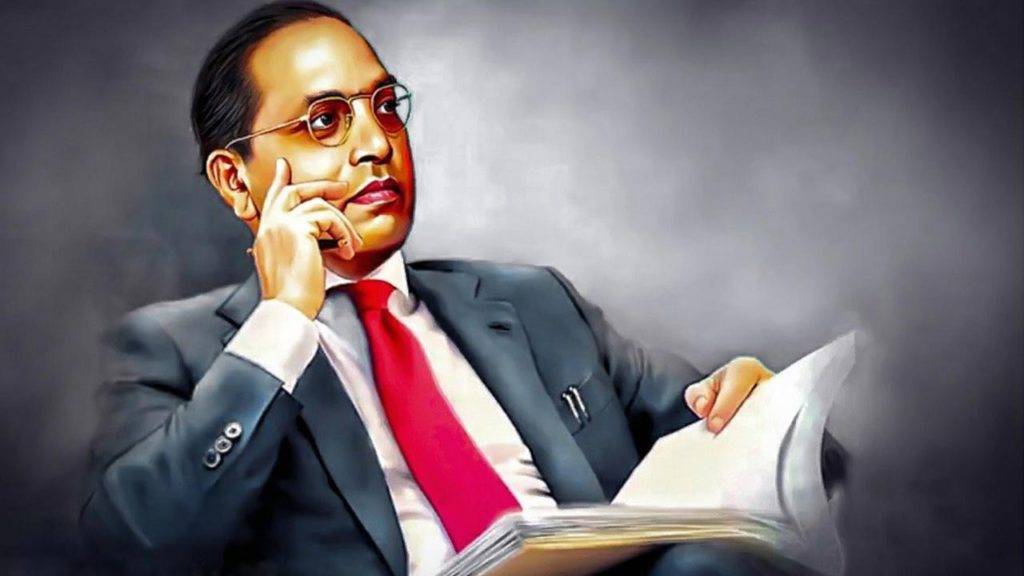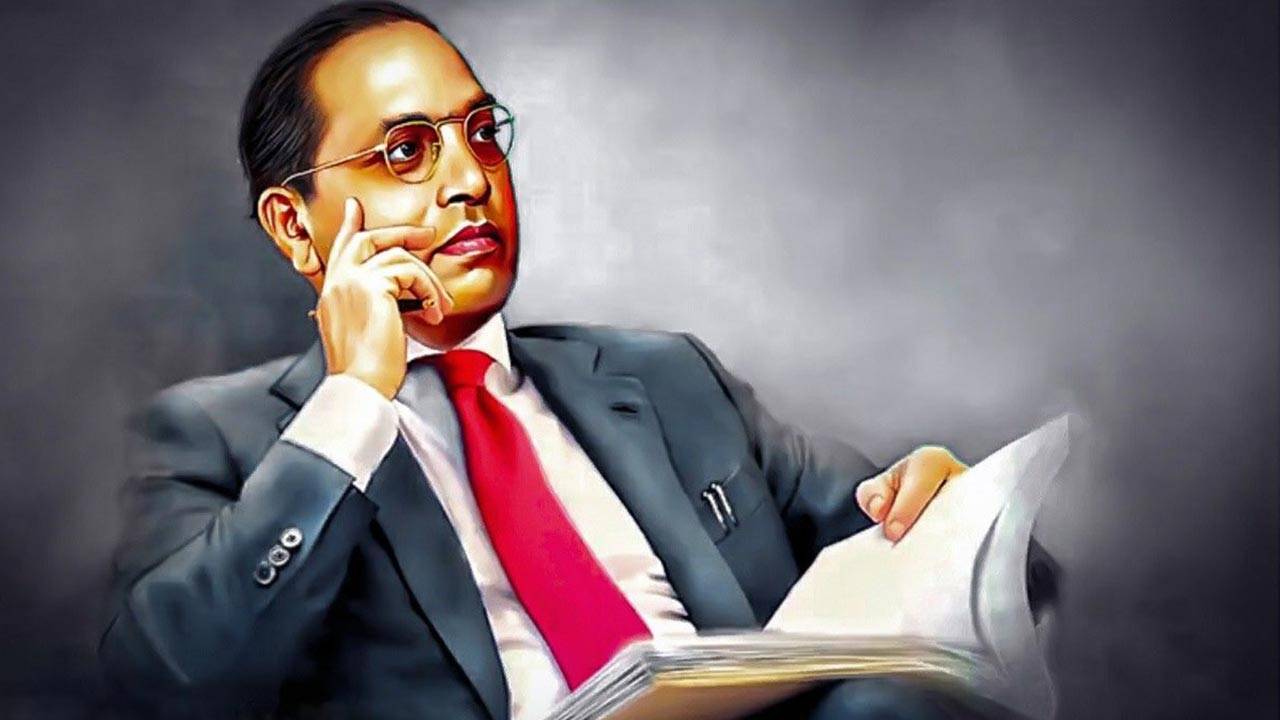Ambedkar Death Date : Bhimrao Ramji Ambedkar, popularly known as Babasaheb, was a visionary social reformer, jurist, and economist who played a pivotal role in the framing of India’s constitution. His contributions to India’s freedom struggle and post-independence era are immeasurable. Ambedkar passed away on December 6, 1956, leaving behind a legacy of social and political reform that continues to inspire generations.

Table :
| Full Name | Dr. Bhimrao Ramji Ambedkar |
|---|---|
| Date of Birth | April 14, 1891 |
| Birth Place | Mhow, Madhya Pradesh, India |
| Occupation | jurist, economist, social reformer and political leader |
| Died | 6 December 1956 |
Ambedkar Death Date:
Dr. Bhimrao Ramji Ambedkar, popularly known as Babasaheb, was a social reformer, jurist, and economist who played a pivotal role in the framing of India’s constitution. He was born on April 14, 1891, in Mhow, present-day Madhya Pradesh. He was the fourteenth child of his parents and belonged to the Dalit community, previously known as the “untouchables.” Despite facing severe discrimination and social exclusion, he overcame all odds and became one of India’s most respected and influential leaders.
Ambedkar died on December 6, 1956, at the age of 65. His death was a significant loss for India’s Dalit community, who looked up to him as a champion of their rights. Ambedkar passed away due to complications from diabetes. He had been suffering from various health issues for several years before his death. On the day of his funeral, millions of people across India mourned his demise and paid their respects to the great leader who fought for the downtrodden and marginalized.
When Did Dr. Bhimrao Ambedkar Die?
Ambedkar’s contributions to India’s freedom struggle and post-independence era are immeasurable. He was the chairman of the drafting committee of the Indian constitution and played a crucial role in ensuring that the document enshrined the principles of democracy, equality, and justice for all. He was also the first law minister of independent India and was responsible for the codification of Hindu and Muslim personal laws, which gave equal rights to women and marginalized sections of society.
Ambedkar was a prolific writer and thinker who authored several books and essays on social, political, and economic issues. His most famous work is the book “Annihilation of Caste,” in which he fiercely criticized the caste system and called for its abolition. His ideas and thoughts continue to inspire millions of people, especially those belonging to the Dalit community, to fight against discrimination and injustice.
Frequently Asked Questions (FAQ’s) :
Q. What was Ambedkar’s contribution to India’s freedom struggle?
A. Ambedkar played a significant role in India’s freedom struggle.
Q. What did Ambedkar do for the Dalit community?
A. Ambedkar was a champion of the Dalit community’s rights and worked tirelessly to uplift them.
Q. What is Ambedkar’s legacy?
A. Ambedkar’s legacy is enormous. He was a social reformer, jurist, and economist who fought for the rights of the marginalized and downtrodden.
Q. What are some of Ambedkar’s famous quotes?
A. Some of Ambedkar’s famous quotes are: “I measure the progress of a community by the degree of progress which women have achieved,” “Be educated, be organized, and be agitated,” and “Freedom of mind is the real freedom.”
Q. How is Ambedkar remembered in India?
A. Ambedkar is revered and remembered as a national hero in India.






